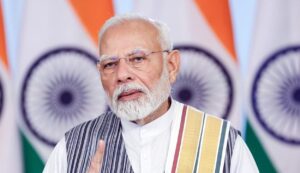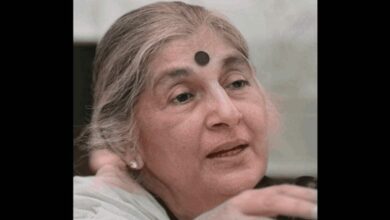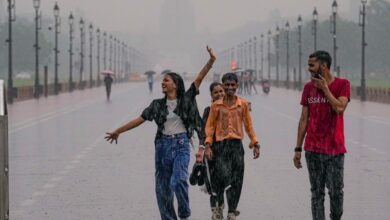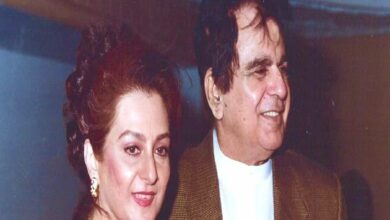PM Modi will showcase India’s progress at the historic summit to be held at the United Nations next week
Historic Summit: The ambassador of India stated on Friday that Prime Minister Narendra Modi would rush to New York next week to present India’s model of domestic progress at the historic Summit of the Future at the UN.

In an exclusive interview with a media report, India’s Permanent Representative to the UN, Ambassador Parvathaneni Harish, said, “I think his message will be drawn from an Indian template, which will be our own domestic development story. That is his message and we are hopeful.” On Saturday, Joe Biden, the President of the United States, will take part in the Quad Leaders’ Summit. Modi’s three-day trip to the United States begins this day with a quadrilateral in the City of Wilmington, Delaware.
The Indian leader will next fly to New York, where on September 22 he will speak at a massive community gathering on Long Island, and on September 23 he will give a speech at the UN’s Summit of the Future before flying back to India. The Global Digital Compact and the Declaration on Future Generations, which are annexes to the Pact of the Future, will be unanimously adopted by UN Member States during the summit.
“India, home to 1.4 billion people.”
Harish emphasized that the young, who are the world’s future, are also a focal point of the Summit. India, a country of 1.4 billion people, whose youngsters make up the bulk of the population, conveys this message. The world hears the prime minister’s message from India’s youth when he talks, he added.
“How can we engage our young people and increase their future stakes? How do we include them in the processes of governance? The greatest democracy in the world, India, I believe, sets the best example for how to enable our young to participate in political, economic, and developmental processes and become genuine participants in the progress and development of the country,” the speaker said.
The annual UN General Assembly high-level week and the Summit of the Future are taking place in the face of ongoing concerns such as climate change, inequality, and profound geopolitical differences, as well as the ongoing war in Ukraine and the growing Israel-Hezbollah conflict.
The onset of the COVID-19 pandemic and the ensuing crises and wars have derailed global efforts to achieve the Sustainable Development Goals and Agenda 2030. Harish outlined India’s priorities and areas of focus for the upcoming high-level 79th session of the UN General Assembly.
“The leaders acknowledge that we have regressed,” he said, adding that the problem of funding for development is related to this. “With their massive debt loads, countries are facing a serious problem with this.” The envoy said that multilateral organizations’ worldwide architecture is “out of date” and that new ideas for its revitalization are needed.
What can we do to prepare them for the difficulties of today? This extends beyond UN agencies and includes financial organizations and international development banks as well,” he said. Additionally, artificial intelligence and future technologies will be highlighted.
What steps can we take to prevent the divisions that existed in a previous period from permeating these new technologies? How do we stop the digital divide between the haves and the have-nots from widening any more?” he asked. South-South cooperation and climate change would be among India’s other priorities. Harish emphasized that Vasudhaiva Kutumbakam, or the World is One Family, is India’s slogan and said, “India has always been a champion of South-South cooperation.”
“We have never wavered in our commitment to sharing with our friends in the Global South the kinds of digital platforms and technology we have developed. They are not patentable by us. For their usage, we have made it available as open source in the public domain, Harish said.
According to him, terrorism is still a major problem for India. which calls for global collaboration. “We want to take coordinated action against terrorism and the funding of terrorism, together with our partners.” He said that a “reboot” is necessary for the whole infrastructure of peace and security. In order for the international financial architecture and the United Nations to remain functional in the modern period, we seek reforms. We want a meaningful, text-based, and time-bound reform process,” he said.
According to UN representatives, the Pact of the Future contains “groundbreaking” wording about the long-overdue Security Council changes, such as expanding the body to “make the Security Council more reflective of the realities of the modern world and representative of the current UN membership.” UN Secretary General Antonio Guterres once said, “We can’t create a future fit for our grandchildren with systems built for our grandparents.” Harish brought this up.





